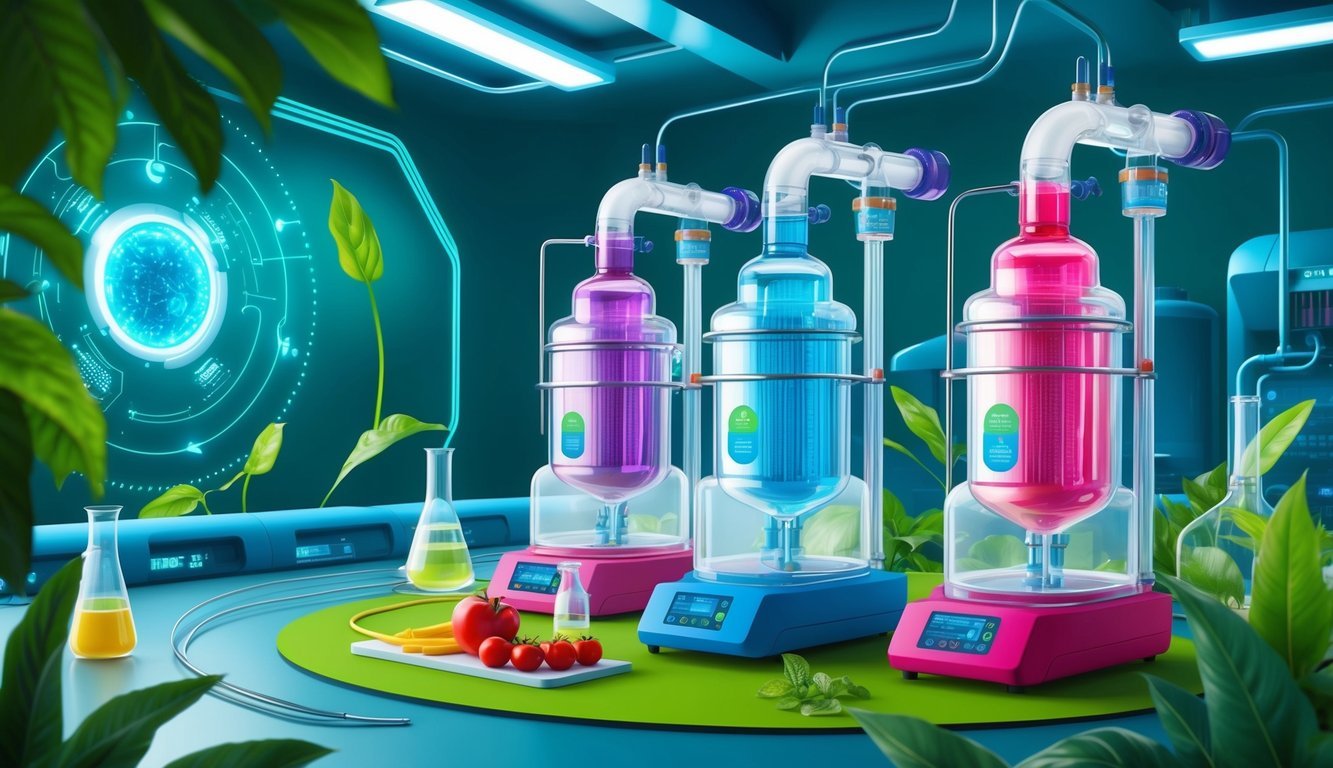
WACKER BIOSOLUTIONS is leading the way in revolutionizing the cultivated meat and seafood markets with innovative biotechnological advancements. At the helm of this groundbreaking initiative is Iris Maria Dahlem, the Innovation Manager overseeing the Cultivated Meat project dedicated to developing essential components for the industry.
Enhancing Cultivated Meat Production
With a solid foundation in nutritional science and extensive experience within the food sector, Dahlem has spent the past two years addressing key challenges such as scaling production, managing costs, and ensuring product quality. In this insightful interview, she reflects on WACKER’s pivotal role in the progression of cultivated meat, the industry’s drive for competitive pricing, and the importance of robust collaborations.
WACKER BIOSOLUTIONS, a leader in biotechnology, harnesses its deep expertise and cutting-edge biotechnological techniques to deliver innovative solutions for both the pharmaceutical and food industries. In the realm of cultivated meat, the company supplies crucial proteins and molecules necessary for cell culture media. By producing these ingredients in sufficient volumes with guaranteed food-grade quality, WACKER enables cultivated meat producers to scale their operations efficiently, helping to reduce production costs and enhance accessibility to the market.
A significant area of focus for WACKER is the development of cell culture media, which remains one of the most expensive aspects of the cultivated meat production process. Currently, most components of this media are pharmaceutical-grade, resulting in high costs and limited availability. To address this challenge, WACKER is leveraging its substantial capabilities in research, development, and large-scale production within XL fermenters. This strategy aims to produce food-grade components at scale, thereby driving down costs and facilitating mass production, ultimately bringing cultivated meat closer to consumers.
Commitment to Sustainability
WACKER is deeply committed to sustainability, which serves as a cornerstone for the cultivated meat industry. The company has joined the UN’s Race to Zero initiative, which aims for a 50% reduction in greenhouse gas emissions by 2030 and endeavors to achieve net-zero emissions by 2045. This commitment perfectly aligns with the sustainability targets of cultivated meat producers, as WACKER focuses on enhancing environmental, social, and nutritional sustainability. Their technological advancements aim to lessen the environmental impact of traditional meat production while also promoting fair labor practices and enhancing food quality.
Certainly! One of our recent significant findings revolves around cyclodextrins—naturally occurring ring-shaped sugar molecules that have well-established applications within the food and pharmaceutical industries. WACKER holds a unique market position as the sole global producer of all three types of natural cyclodextrins, extracted through the enzymatic breakdown of plant starch.
Cultivated meat producers have started to incorporate cyclodextrins into their cell culture media, recognizing the benefits these molecules offer for animal cell growth. Collaborating with Reutlingen University, we conducted research that highlighted the advantages of cyclodextrins in promoting cell proliferation within serum-free cultivation systems. This discovery is a meaningful step forward for the industry.
WACKER has also established a partnership with Aleph Farms, a leader in the cultivated meat sector. This collaboration aims to develop an open supply chain model for proteins that enables large-scale cultivated meat production. This non-exclusive partnership allows any company to access these proteins at competitive prices, which helps to reduce reliance on fetal bovine serum (FBS) or other animal-derived components.
The Importance of Branding
Consumer trust in new products stems not just from branding, but also from personal engagement with the product itself. Presently, the Netherlands stands as the only EU nation where consumers can experience cultivated meat, underscoring the importance of direct interaction in shaping public perceptions. Allowing consumers to engage through sensory experiences—sight, smell, and taste—can significantly help alleviate any reservations they may have.
In terms of competition within the market, robust branding will play an essential role in differentiating products. A reputable brand can effectively communicate a product’s unique benefits and foster customer loyalty. In a nascent market, a recognizable brand can make a substantial impact on consumer acceptance and facilitate differentiation from competitors.
Source: Vegconomist

